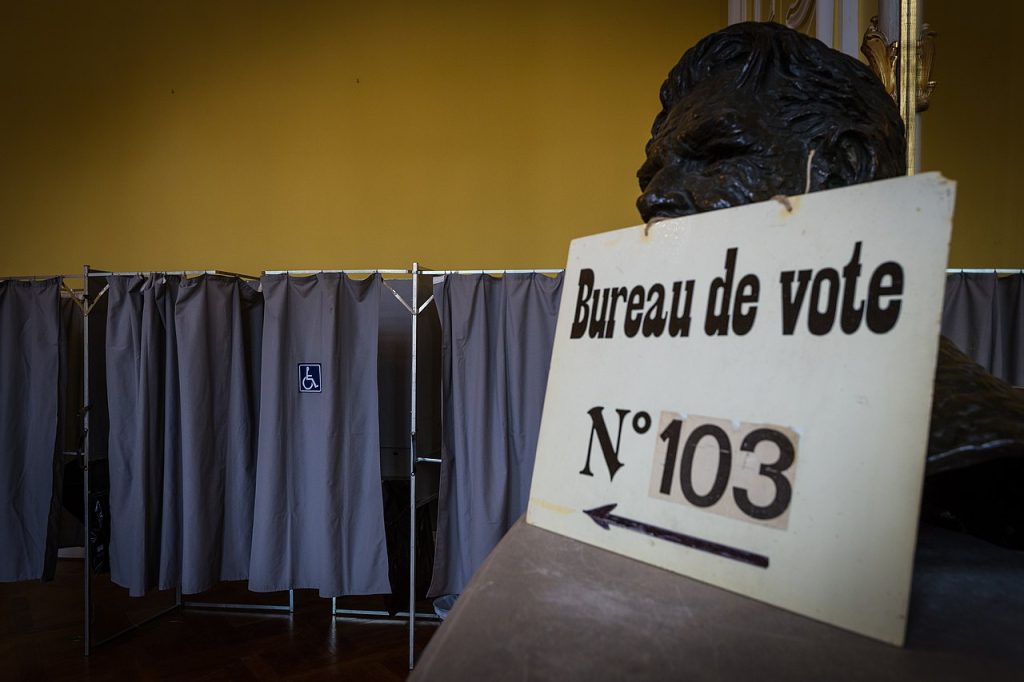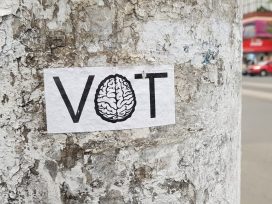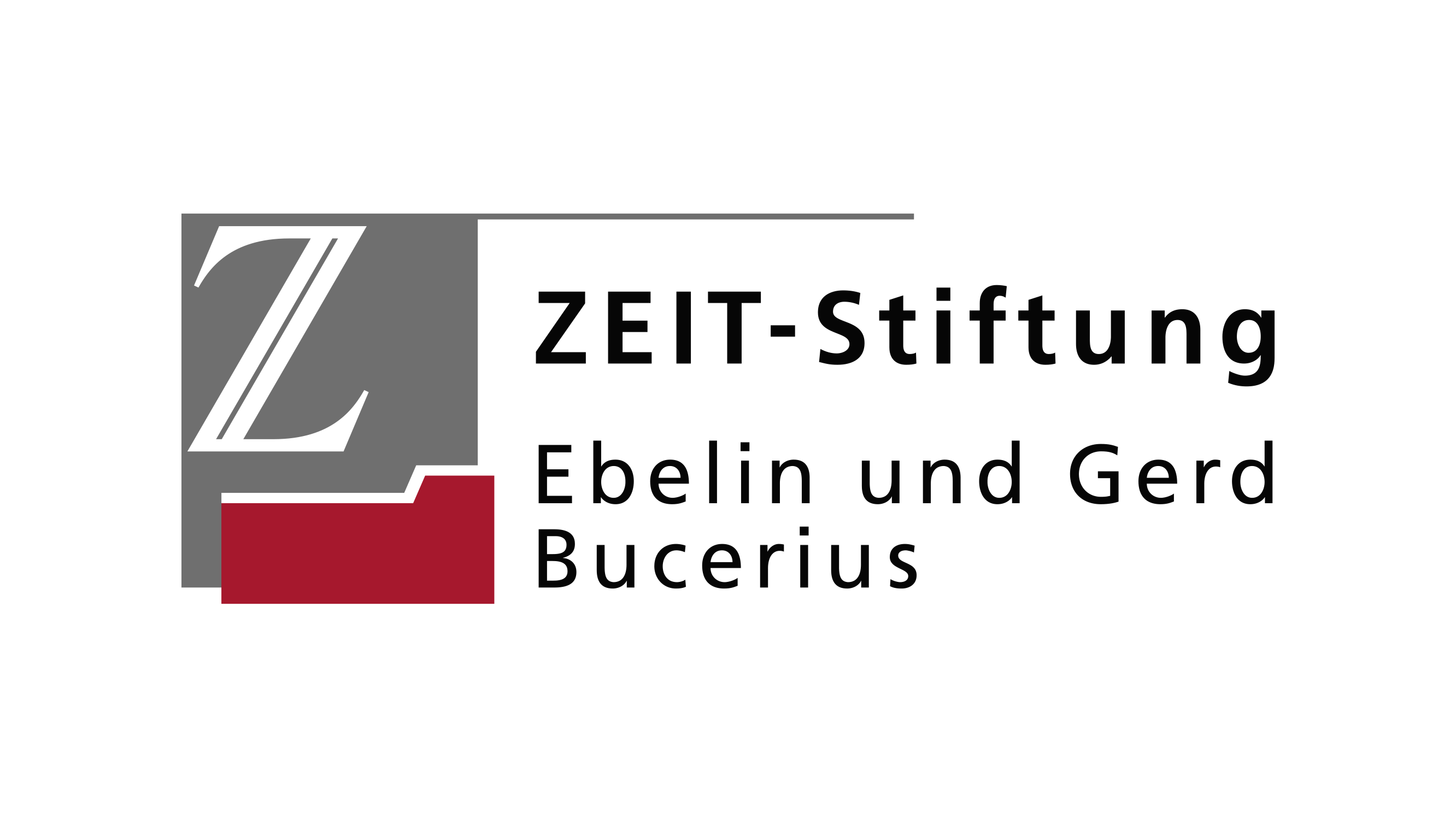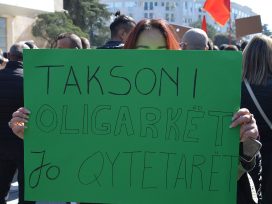Is Europe’s democracy in crisis?
Voters have always overlooked breaches of democratic principle as long as they are getting what they want. This mattered less when politicians held each other in check. But with the tribalisation of public debate, democratic gatekeeping breaks down.
In the mid-1970s three eminent political scientists – Michel Crozier, Samuel Huntington and Joji Watanuki – penned a famous report on the crisis of western democracy, which they described as declining and overloaded with societal demands. Paradoxically, their report coincided with the start of a democratisation wave that, in 15 years, swept away dictatorships across the globe, including those in Southern and Eastern Europe.
While roughly 57 per cent of European countries were democratic in 1975, their share reached 77 per cent by 1990. Today, the old continent is more democratic than it ever was in the 20th century. No fewer than 85 per cent of European countries hold regular free and fair elections.
Democratic regimes do not massively break down as they did between the 1920s and 1940s, when 12 out of 19 European democracies collapsed or fell prey to the expansion of totalitarian regimes. On the contrary, European democracy has so far proved resilient in the face of major threats such as the COVID-19 pandemic and Russia’s barbaric invasion of Ukraine. Democracy is currently not in crisis and, in fact, we live in one of its best times.

Source: Wikimedia Commons
Cause for concern
These good times, however, cannot be taken for granted. A century ago, observers may have felt similarly optimistic when democracy emerged triumphant after the First World War and the ensuing flu pandemic. However, they would soon witness the rapid rise of authoritarianism and totalitarianism across the continent.
Such developments are unlikely to repeat themselves, but there are reasons for concern. Many European nations have experienced at least a glimpse of democratic erosion.
Populist politicians showing little respect for fundamental democratic principles have been increasingly successful at the ballot box. They scapegoat minorities, migrants and Brussels for their countries’ ills. When in power, they attack key democratic institutions, such as free media and independent courts, to carve out an undue electoral advantage for themselves, and eschew public and legal scrutiny of their acts.
Especially in Central and Eastern Europe, the playing field is often tilted in favour of populist incumbents. The Polish public broadcaster has been transformed into a mouthpiece of the ruling cabinet, and its Czech counterpart presumably avoided a similar fate only thanks to an unlikely outcome at the last legislative election.
Extreme, but still rare cases such as Hungary and Serbia have seen the emergence of hybrid regimes, which are more autocratic than democratic. Their ruling parties have captured state institutions, eliminated independent media and bullied the opposition. Viktor Orbán’s and Aleksandar Vučić’s effective coups are the dream for many of their less successful, but equally ambitious and unscrupulous friends both in the East and West.
The causes of the changing political climate are manifold. In Central and Eastern Europe, the accession to the European Union removed a powerful incentive for politicians’ good behaviour, as the EU has so far struggled to bring its members into line. There is also an aspect of (bad) luck: Orbán would have barely been capable of building his dictatorship had not his party unexpectedly achieved a constitutional majority in the 2010 legislative election.
However, globally, the most important cause arguably lies in technological change. In the pre-Web 2.0 era, populist politicians and their inflammatory rhetoric were not given air time in established democracies. Elites had to respect the democratic rules of the game in order to avoid pariah status. Extremist and dissatisfied citizens lacked opportunities to flock together.
Web 2.0 and the rise of alternative and social media put an end to the effective gatekeeping against the populist threat. Populists can circumvent cordon sanitaires and gather significant followings, with which they can directly communicate through Facebook, Twitter or TikTok. Their influence and early electoral success then open the doors to mainstream media outlets as well.
Technological change enables authoritarian powers to interfere effectively in democratic countries’ political competitions. China, Saudi Arabia, Iran and Russia – until it concentrated most of its resources on the invasion of Ukraine – use social media to spread disinformation and support extremists in the hope that they will destabilise the democratic world.
Technological change and its consequences affect European politics directly, by providing opportunities and partners to autocratic leaders, but also indirectly. In the era of Web 1.0, Donald Trump would probably never have made it into the White House. His presidency emboldened autocrats and decisively contributed to the weakening of democratic norms worldwide.
Divide and conquer
The success of populists reveals some of the limits of democratic electorates. Why have many Hungarian and Polish voters accepted their respective incumbents’ illiberal reforms? It is because, like their counterparts elsewhere, many of them have a fairly biased understanding of democracy.
Social science research shows that voters typically perceive politics through partisan lenses and understand democracy as a vehicle for their preferred policy outcomes. They are thus frequently unwilling to sanction politicians for breaking abstract democratic principles. This is even less so when these politicians are from voters’ chosen political camp and, simultaneously, deliver desired public policies. Such limits have always existed and, probably, are hardwired into our nature.
Yet, they mattered less a few decades ago when gatekeeping worked better and mainstream politicians held each other in check. Like their predecessors in the 1920s and 1930s, today’s populists understand that by dividing society and denouncing their real or imagined adversaries, they can get away with blatant violations of the democratic rules. They aim to fuel discontent and toxic polarisation, which transform public debate into tribal wars.
Will the 2020s resemble the 1920s? Despite the recent worrisome trends, there is reason for moderate optimism. Fascism, violent coups and outright authoritarianism are historically compromised as concepts. Even authoritarians like Orbán are at pains to preserve the veneer of procedural legality and subsequently turn their countries into autocracies by stealth.
They do so to please foreign stakeholders – including the EU, international bodies and the markets – but also domestic audiences. Their popular support does not come from being authoritarian. Quite the opposite, their election victories are possible only because the bulk of their voters do not understand that many of the adopted reforms, while legal on paper and potentially legitimate in isolation, are problematic in practice and undemocratic when combined.
While this process illustrates the danger of sneaky ‘autocratisation’ and partisan bias, it also demonstrates the prestige of democracy and its unrivalled popularity as a political system. There is still no credible alternative to the democratic ideal.
Rising to the challenge
While voters are susceptible to partisan bias and populist rhetoric, they tend to be put off by politicians’ incompetence. Britain’s poor economic performance after Brexit; Hungary’s struggle with energy, living costs and food shortages; China’s mismanagement of the COVID-19 pandemic; and Russia’s humiliating debacles on the battlefield do not make populist and autocratic solutions look particularly attractive.
Brexit and Russia’s invasion of Ukraine have highlighted the otherwise diffuse benefits of EU and NATO membership, challenging populists who had often scapegoated these two organisations and, instead, preached closer cooperation with the Kremlin. Even though European democracies will face significant challenges in the months to come, ranging from the continuing energy crisis to migration, they are unlikely to fail this stress test.
It is true that Europe’s democratic future will also hinge on a number of critical events, the outcome of the war in Ukraine first and foremost. Should Russia prevail this would not only be a disaster for tens of millions of Ukrainians. It would also reduce the prestige of democracy and force Europeans to make ugly compromises, which would empower cynical and populist politicians.
Similarly, Europe’s democracy will always be sensitive to the outcomes of the US and French presidential elections. If another Trump-style politician occupied the Oval Office, or a ‘Lepeniste’ candidate took over the Élysée Palace and commanded a majority in the National Assembly, European democrats would be in troubled waters.
Nevertheless, if technological change is the main facilitator of the populist rise, democratic systems may gradually learn how to stand up to this challenge. It is crystal clear that the internet and social media need better regulation.
Democratic politicians also need to become more effective at tackling today’s major problems which include growing economic inequality and climate change. From this perspective, especially when it comes to inequality, a certain dose of populism may actually be healthy and help mainstream political forces adopt a more proactive approach.
European democrats have a lot on their plate, but their starting position is not at all bad. Overall, there are many reasons to view the democratic glass as nearly full rather than almost empty.
Published 2 March 2023
Original in English
First published by New Eastern Europe
Contributed by New Eastern Europe © Filip Kostelka / New Eastern Europe / Eurozine
PDF/PRINTPublished in
In collaboration with
In focal points
- The end of Tunisia’s spring?
- Protecting nature, empowering people
- Albania: Obstructed democracy
- Romania: Propaganda into votes
- The myth of sudden death
- Hungary: From housing justice to municipal opposition
- Czech Republic: Velvet contradictions
- Armenia: Light in the dark?
- Moldova: End of the experiment?
- Serbia: Setting sail for Brussels, tying up in Moscow
Newsletter
Subscribe to know what’s worth thinking about.
Related Articles

Romania’s anti-vax movement has mutated into a pro-Russian protest bloc. Representing a politically disenchanted online public, the far-right Alliance for the Union of Romanians is increasingly influencing the mainstream agenda.

Although it makes for a great dramatic effect, the theories of the sudden death of democracy disregard the gradual erosion and capture of institutions, and the role of the populace – argues political scientist John Keane.






